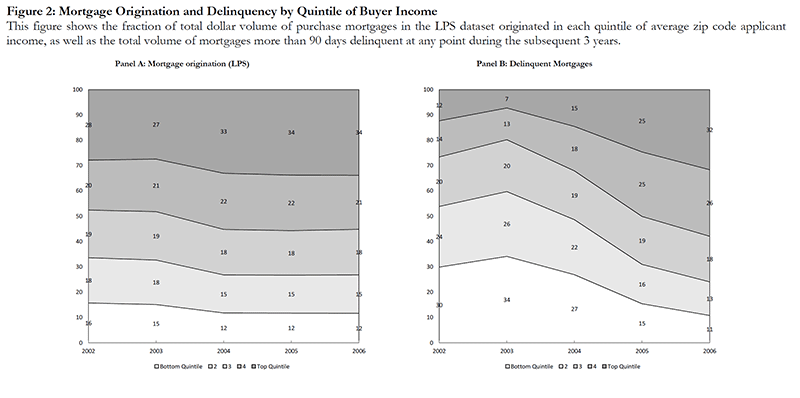Fighting Climate Change in Portlandia
Not only is failure not an option, those fighting to avert cataclysmic climate change have achieved important successes worthy of celebrating.

(1) Higher ed: There's a nice piece by Jefferson Fish at Psychology Today's website, of all places, on the corporatization of universities: A University Is Not Walmart. (Hat-tip to Polly Cleveland.) This is a wide-ranging overview piece, covering everything from student debt, to the rise in percentage of administrators on university payrolls vs. staff actually involved in teaching, to how universities favor faculty who can bring in grant money, to the shift to adjunct teaching, to how MGUs (Money Grubbing Universities, as frequent D&S blog reader TM calls them) profit from unpaid internships.
The image accompanying the article is the one above, of the amusement park at the center of the Mall of America outside of Minneapolis (I have been to it, years ago--it is a bizarre place). The connection with the article is explained in this paragraph:
In many ways, the modern American university is not unlike a shopping mall—a welcoming ambience, especially for students who grew up in the suburbs. Many university presidents now refer to students, without irony, as "customers," and work to keep them happy and in a spending mood by fostering on campus the bland cheerful atmosphere found in shopping malls.
The only difference being that the students leave the universities with heaps of debt, whereas shopping mall customers... leave the malls with heaps of debt.
Fish also has an interesting piece linking the war on drugs to college student debt (here, also on Psychology Today's website--who knew they were running such great pieces?).
(2) Housing: Mark Thoma had a post at his blog Economist's View, Don't Blame Poor People for the Housing Crisis that picks up on a post by Tyler Cowen at Marginal Revolution, Were Poor People to Blame for the Housing Crisis? (better to look at Thoma's than Cowen's so you won't be exposed to the toxic comments by regular Marginal Revolution readers). And Thoma expands on it in a piece at CBS MoneyWatch: Low-income loans didn't cause the financial crisis. You may assume that this question had been put to bed long ago (which I think it has), but the paper the posts are all referring to, "Changes in Buyer Composition and the Expansion of Credit During the Boom," Manuel Adelino, Antoinette Schoar, and Felipe Severino (you can download the paper here) has some really striking findings. The basics (summarized best in Thoma's MoneyWatch piece) have to do with the authors analysis of mortgage origination (on the one hand) and mortgage defaults (on the other) during the housing bubble:
While there was a rapid expansion in overall mortgage origination during this time period, the fraction of new mortgage dollars going to each income group was stable. In other words, the poor did not represent a higher fraction of the mortgage loans originated over the period. In addition, borrowers in the middle and top of the distribution are the ones that contributed most significantly to the increase in mortgages in default after 2007. Taken together, the evidence in the paper suggests that there was no decoupling of mortgage growth from income growth where unsustainable credit was flowing disproportionally to poor people.
Here are the graphs that strikingly illustrate this:

So the left-hand graph shows that the proportion of mortgages (measured in dollar value) going to each income quintile was basically stable in the run-up to the bursting of the housing bubble (with a slight increase around 2004 to the top 20% and corresponding decrease to the bottom 40%, but nothing huge). Meanwhile, the right-hand graph shows how delinquent mortgages increased dramatically for the top 40% between 2003 and 2006 (from 26% of the total defaults to a whopping 58%), and decreased dramatically for the bottom 40% (from 61% of the total defaults to 24%).
This just confirms what the experts had been saying all along, so it's not really news (see, e.g., Jim Campen's piece for us in 2010), but it nevertheless doesn't satisfy the Marginal Revolution commenters (and some of the CBS MoneyWatch commenters) who won't give up the Fox news talking points no matter what evidence you throw at them.
Meanwhile, Al Jazeera America has had a couple of pieces about the sorry situation for low-income buyers (and renters) in San Francisco: Affordable housing in San Francisco affordable only for upwardly mobile; and from earlier Classes clash as San Franciscans blame tech for rising rents.